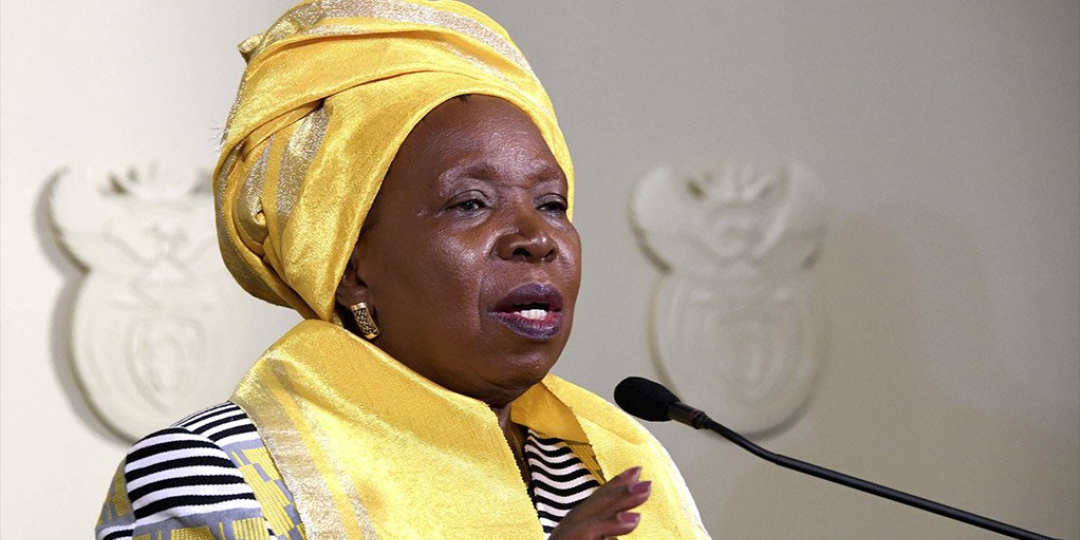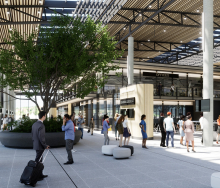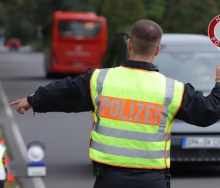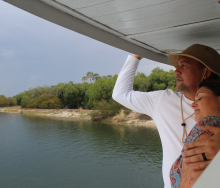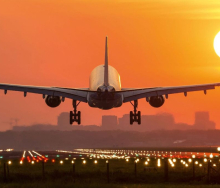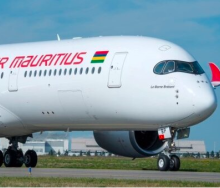The National Coronavirus Command Council (NCCC) is expected to meet today (June 30), providing clarification on when leisure travel between provinces will be allowed.
“Without inter-provincial travel for leisure, the opening of accommodation is futile,” says ceo of the Tourism Business Council of South Africa (TBCSA), Tshifhiwa Tshivhengwa.
There was confusion and disappointment over the weekend after the briefing by the Minister of Tourism, Mmamoloko Kubayi-Ngubane, on Friday (June 26). Industry stakeholders expected her to provide more clarity on the easing of restrictions.
The regulations – as they are – don’t explicitly prohibit leisure travel within one’s province, says Tshifhiwa. “What is clear is that we are not allowed to cross provincial borders and the inverse of this means we are allowed to move within our own provinces.”
On the advanced level three regulations, accommodation is open for all purposes, including leisure, says Tshifhiwa. “The exclusion is home sharing.”
The phased reopening of tourism in South Africa requires a delicate balance between “saving lives and preserving livelihoods”, as highlighted by President Cyril Ramaphosa in his address to the nation earlier in June. “This is a responsibility the tourism sector takes extremely seriously. As such, it has put its weight behind the President and National Department of Tourism’s efforts to reopen the tourism sector in a responsible and phased manner, starting with the easing of travel restrictions around domestic business travel and internal provincial leisure travel under robust health and safety protocols that have been informed by global best practice,” said a spokesperson for the #SouthAfricaisTravelReady campaign. The spokesperson reiterated Ramaphosa’s words: “There is a limit to how long these businesses can be closed.”
For an industry that employs 1,5 million people directly and indirectly – 70% of whom are women, 60% youth, and many low- to semi-skilled people in areas with the greatest employment need – this is a significant dent in the country’s employment.
Already, over 250 000 employees within the tourism value chain applied for the UIF TERS programme in April and May and this is expected to double in June. At least 50% of tourism businesses have reduced staff salaries and 43% have furloughed or made redundant at least half of their staff, according to a survey run by the TBCSA.
